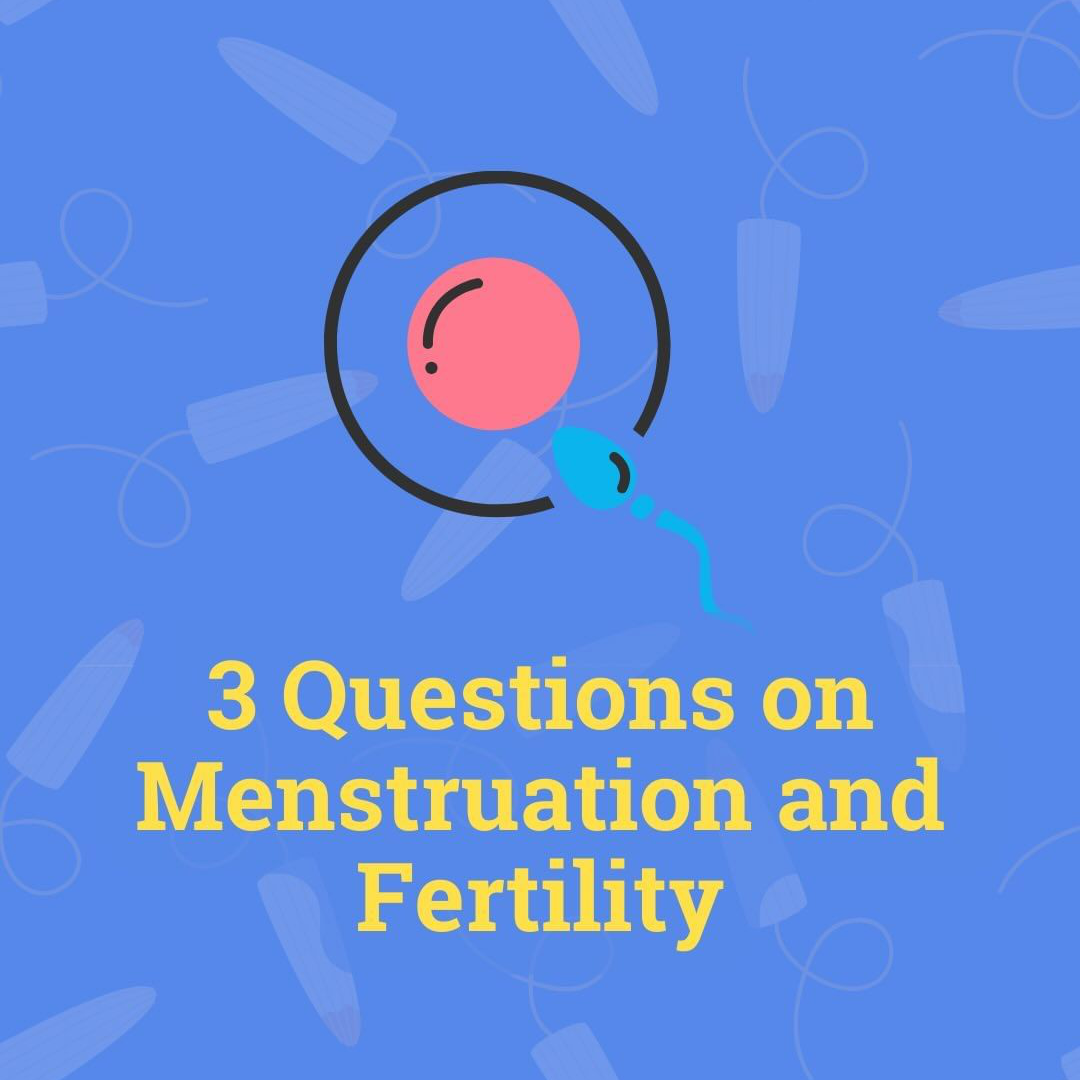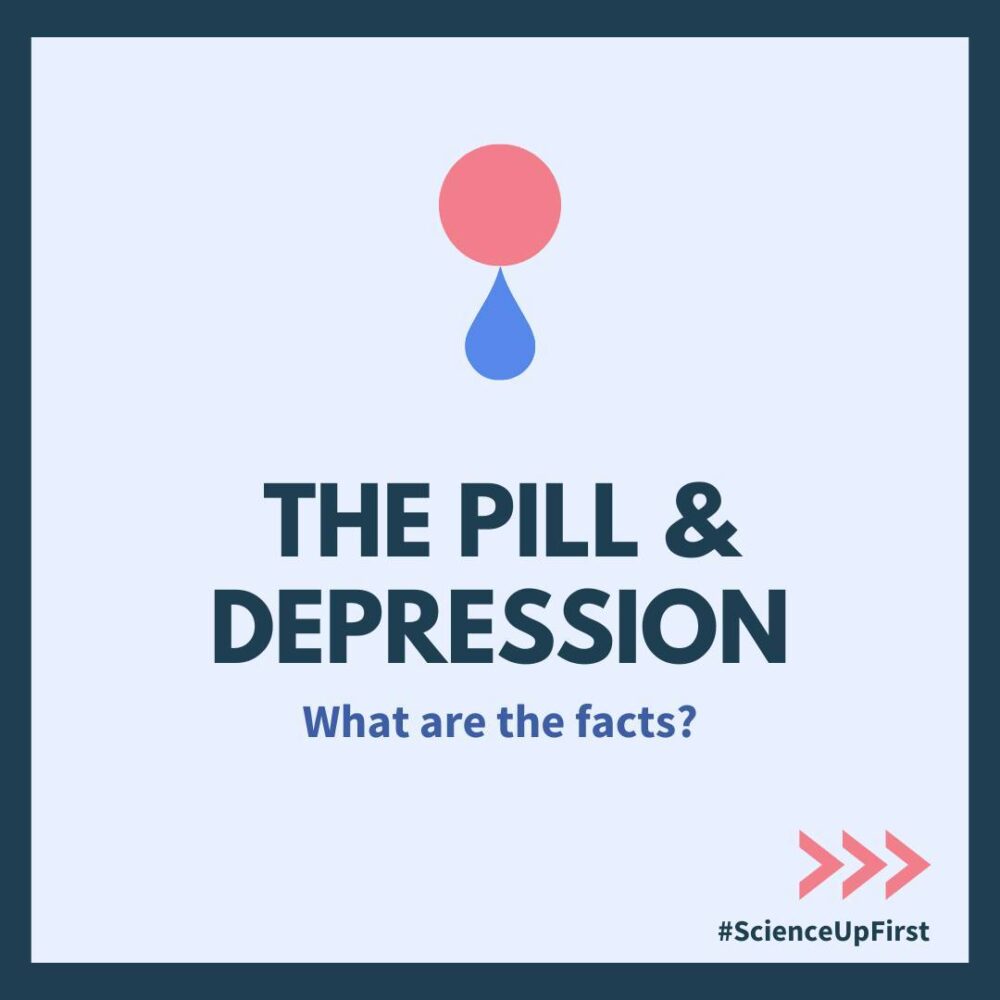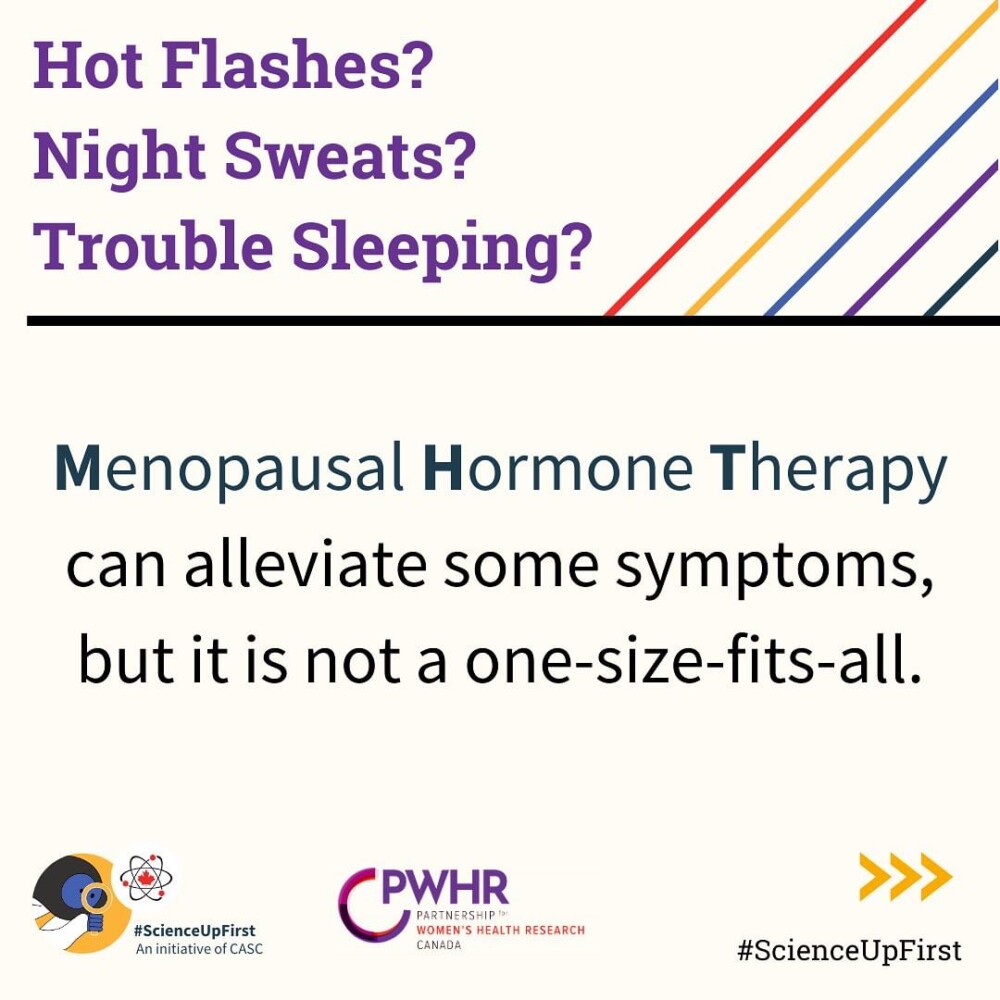So, how many questions on the menstrual cycle and fertility did you get right?
12 to 16 days before the start of menstruation, an egg, from either of the two ovaries, will mature and be released (17,18,19,20). While ovulation only happens once every menstrual cycle, some people might release more than one egg at once. This is known as hyperovulation, which can lead to fraternal twins if fertilization of both eggs occurs (21,22).
Hormonal contraceptives prevent the release of an egg from the ovaries. Without ovulation, there can be no pregnancy (23).
If a mature egg is released from the ovary, it will travel down the fallopian tube where it might encounter sperm cells and get fertilized. Once out of the ovary, the egg only lives 12 to 24 hours (17,18). However, sperm cells can live up to 5 days in the body. Hence the fertility window (i.e. when a pregnancy is possible) begins 5 days before and during ovulation (i.e. 6-day window) (17,24,25). It is not possible to become pregnant outside of that 6-day fertility window.
The upper part of the uterus has two tube-like structures, called the fallopian tubes, protruding from either side of the uterus (26).
When an egg is ready to be released it signals the fallopian tube to get closer. The fallopian tube closest to the ovulating ovary will use its hair-like cell to create a current that will catch the egg and move it toward the uterus (27,28). Strangely enough, the fallopian tubes are not directly attached to the ovaries (27). This means that if one fallopian tube is not functioning properly or needs to be removed, the remaining healthy tube can move between ovaries and catch the released eggs. Thus, the removal of one fallopian tube (i.e. salpingectomy) does not affect the ovulation frequency or the person’s chances of getting pregnant (29,30,31).
Sources: https://tinyurl.com/SUFMenstrualCycleQuiz
View our original Tweet!
How much do you know about menstruation and fertility?
Take our quiz to test your knowledge and go here for more details! https://t.co/6URYhFw7t6#ScienceUpFirst pic.twitter.com/t3Q36bWAfS
— ScienceUpFirst | LaScienced'Abord (@ScienceUpFirst) March 28, 2024
View our original Instagram Post!




